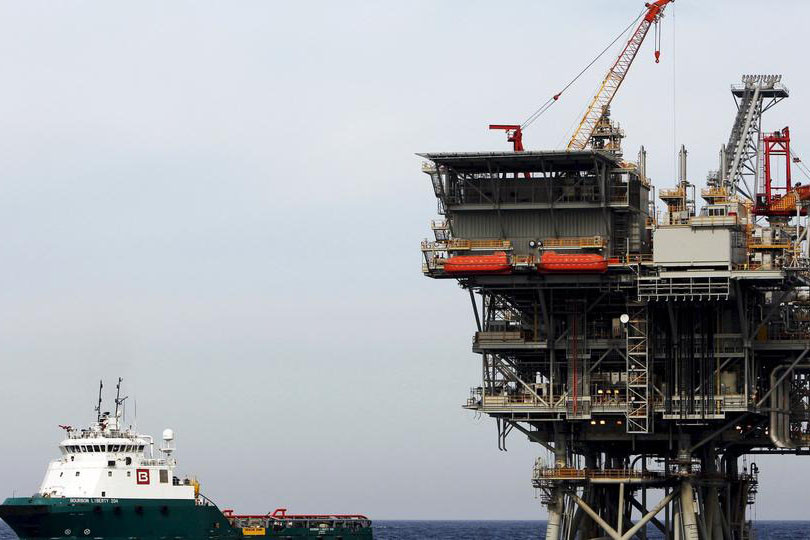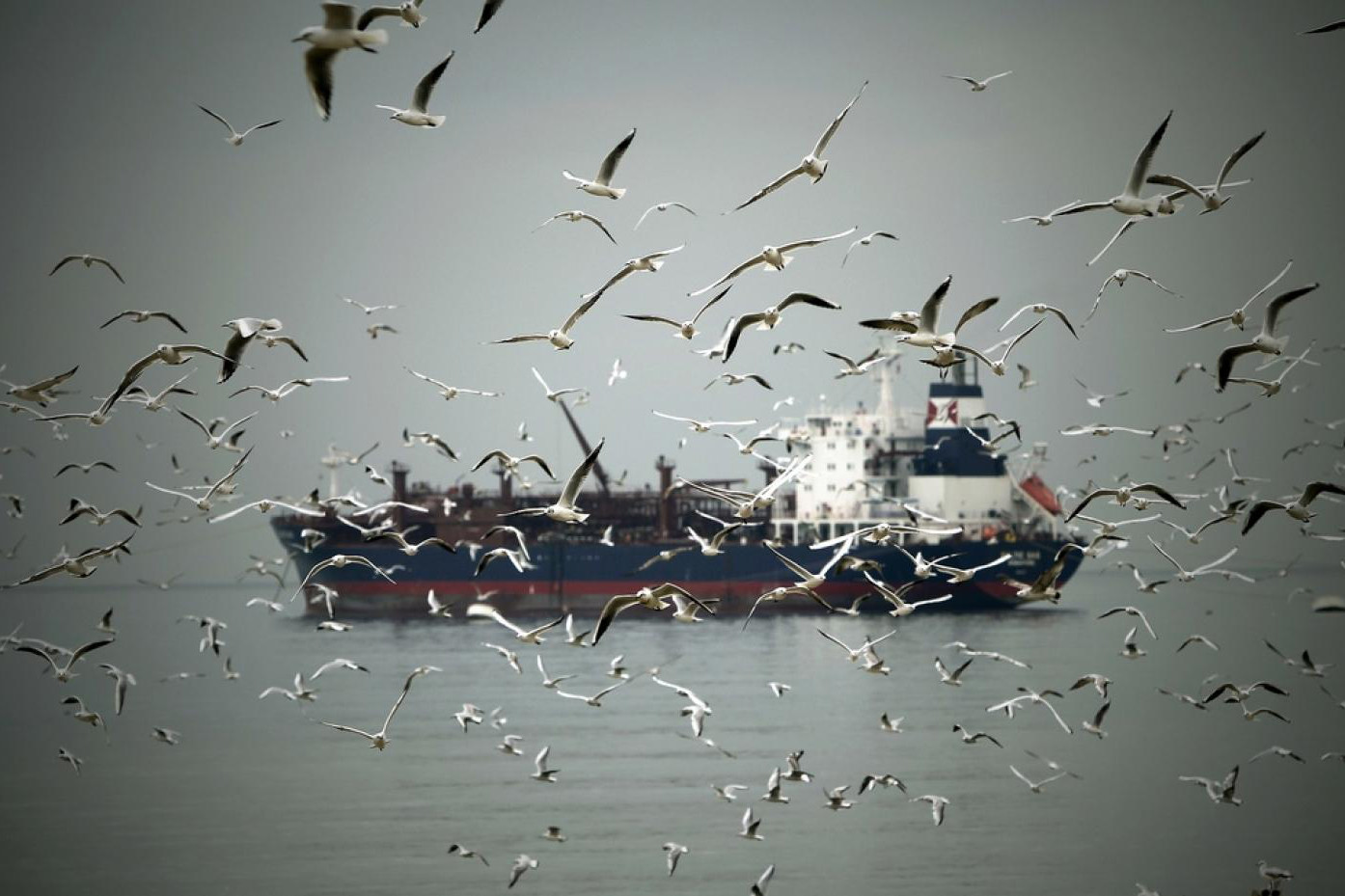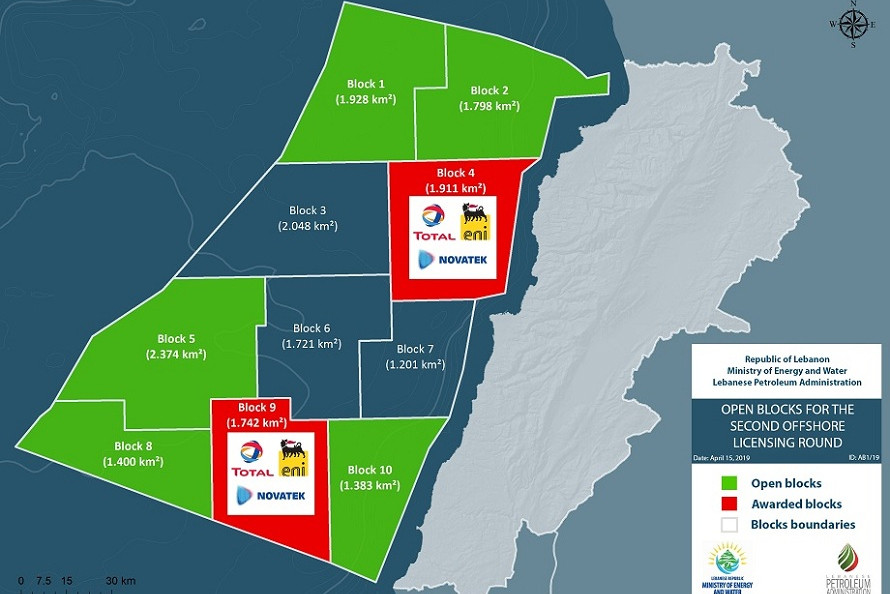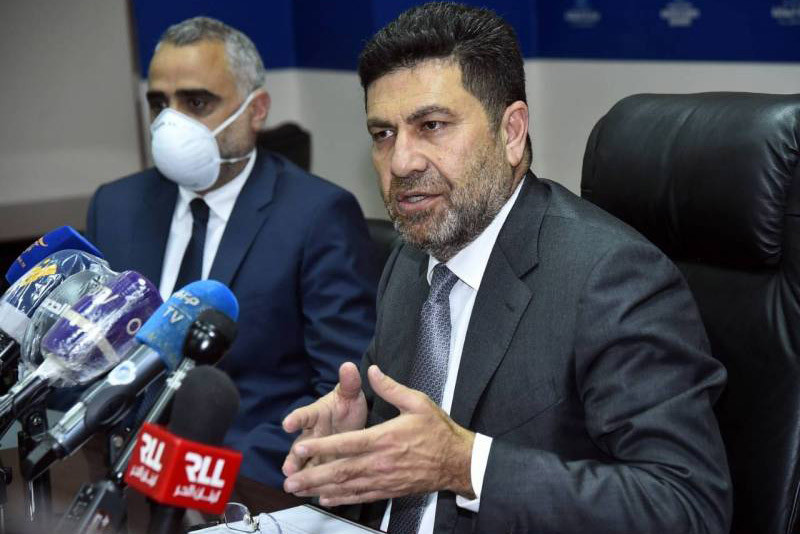The Government of Lebanon is unlikely to see any hydrocarbon revenues over the next decade. The most optimistic projections are that oil and gas revenues would start to be collected at least seven to eight years from now and will not exceed two percent of GDP even at peak production. These projections are conditional on a commercial discovery being made this year and there being no delays in field development, both of which are improbable. Additionally, Lebanon’s latest energy plan calls for a large proportion of any commercial gas discovery to be earmarked for domestic energy production. In short, revenue estimates remain highly speculative and could be negligible.
The Government of Lebanon may wish to create a special fund to allocate hydrocarbon revenues to underfunded expenditure items. A pre-condition for establishing such funds is fiscal sustainability. Sovereign wealth funds that save and invest in foreign assets are only politically and economically viable in countries where the interest rate on fund savings is greater than the interest rate paid on foreign-denominated debt. This is not the case in Lebanon nor is it expected to be in the foreseeable future.
Read Kulluna Irada and The Lebanese Oil and Gas Initiative’s (LOGI) report on the issue.







